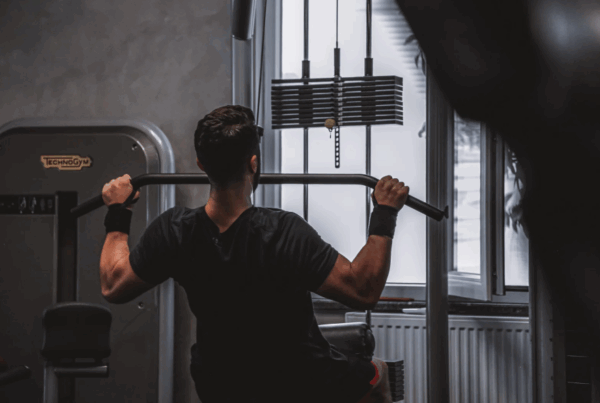Ah yes, a “Multidisciplinary Team”, the all golden approach to rehabilitation. If we could bet on anything when it comes to all condition-specific recommendations, it is that a multidisciplinary approach will be in there – and we are all about it!
In 2023, 20% of our total referrals were for mental health. This percentage is increasing every year and with it, our dedication to offering the gold standard when it comes to rehabilitation. It’s safe to say that the majority of those claimants have a psychologist working with them. If you take a moment to consider the two roles, it makes sense that the two professions working together would make for the best outcomes right?
However, we acknowledge that connecting with psychologists can sometimes pose a challenge. We understand the demanding nature of their profession and the limited time available in their busy schedules. Our intention is not to burden but to offer assistance… The purpose of this piece is to outline how.
The ‘Collab’ Approach
The psychologist is, without a doubt, the expert when it comes to mental health conditions. They are responsible for coordinating and executing the best psychological treatment to help that client. Where psychologists hone in and address the specifics of the mental health condition (such as identifying and correcting any self limiting thoughts or behaviours), we use exercise as our medium to support this process.
Exercise has benefits for both the body and the mind – it helps with improving sleep, increasing energy levels, improving mood and positivity, increasing self-confidence, stress management, resilience… We can all benefit from it, mental health condition or not! But the advantage of working with an exercise physiologist as opposed to sending someone to a personal trainer at the gym goes beyond all this.
So we’ve summarised three ways we see psychologists and exercise physiologists working together, to elevate the effectiveness for both, and most importantly, for our clients.
Three Ways Exercise Physiologists and Psychologists can Collaborate
1. The Feedback Loop
As far as ‘collaboration’ goes, communication has to be the most important thing, right? Taking a ‘community-based’ approach with clients – in their homes, in the gym, in their day-to-day – gives us invaluable insight that a psychologist often doesn’t get glimpses of from the clinic. This open communication loop between ourselves and the psychologist on file means that we can let them know how the client is going from a more ‘behind the scenes’ view. Simply watching someone interact in their usual life can provide a lot of extra contextual information!
2. Reinforcing Positive Routines
Psychologists often provide recommendations for clients to implement between sessions, where there may be a week or even two-week gap. We all know that breaking old habits (mental or behavioral!) takes practice, practice, practice. If we are aware of any recommendations the psychologist is making, we can include and encourage them alongside our own recommendations. Routine is something we often focus on in the mental health space, so let us help solidify those positive changes!
3. Collaborating for the Path Forward
Imagine if you were on a road trip, with two different GPS systems on your dashboard, taking you on two completely different routes. How confusing would that be?! We like to not only work alongside the psych on the case, but with them to determine the best path forward. All it takes is a quick phone call here and there to make sure you’re on the same route, with questions like “what are your thoughts on the next steps for X?”
At the end of the day, the gold standard for achieving exceptional outcomes for clients lies in the collaboration of a multidisciplinary team, and this is particularly crucial in the mental health realm (with the necessary permissions from clients, of course).
So if you’re a psychologist and you see an EP on your case list, don’t be afraid to touch base. “Team player” is high on our list of skills.
Author: Tessa Nielsen
Clinical Exercise Physiologist and
Content Creator at Specialised Health
#exercisephysiology #exerciserehab #rehabilitation #lifeinsurance #incomeprotection #ctp #workcover #mobile #mobileexercisephysiology #fatigue #mentalhealth #cancer #musculoskeletal #injury #pain #physio #physiotherapy #Sydney #Brisbane #Melbourne #Adelaide #Auckland #Waikato #BayofPlenty #Wellington #Otago #Christchurch



